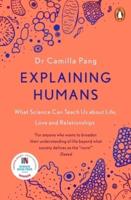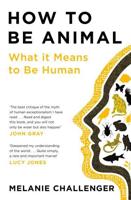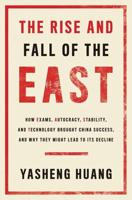Publisher's Synopsis
Myths, stories, and folklore are part of the fabric and life of all organizations, enabling us to understand, identify, and communicate the character of the organization - its ambitions, conflicts, and peculiarities. Drawing on extensive fieldwork of storytelling in five organizations, this book argues that stories open valuable windows into the emotional and symbolic lives of organizations. By collecting stoires in different organizations, by listening and comparing different accounts, by investigating how narratives are constructed around specific events, by examining which events in an organization's history generate stories and which ones fail to do so, researchers can gain access to deeper organizational realities, closely linked to their members' experiences. In this way, stories enable researchers to study organizational politics, culture, and change in uniquely illuminating ways, revealing how wider organizational issues are viewed, commented upon, and worked upon by their members. The book's first part develops the theory of storytelling by building on various approaches, including narrative, folkloric, ethnographic, symbolic, social constructionist, and psychoanalytic, while the second offers a set of four studies which make use of stories in exploring particular aspects of organizational life.









